Tamil Tigers react to government's move to extend ceasefire | 1/21/2002
Sri Lanka's government on Monday extended a cease-fire with Tamil Tiger rebels by a month, responding to a similar move by guerrillas, amid hopes that Norwegian mediators would broker lasting peace in the island nation.
Late Sunday, the LTTE (Liberation Tigers of Tamil Eelam) extended its cease-fire by a month, raising hope that peace talks between the two sides could be held after a hiatus of seven years.
As a reflection of the growing sentiment for peace among the separatists , journalists have been allowed into rebel territory for the first time in seven years .
Once inside rebel territory, moving past mine fields and towns broken by war, the journalists were informed that they were now on Tamil time , 30 minutes behind the rest of Sri Lanka.
The Tamil Tiger rebels have said they would not hold direct peace talks with the government unless a ban on the guerrilla group was lifted.
The last talks were held in February 1995.
But peace prospects brightened after the United National Front won the December 5th parliamentary elections.
The Front is seen as more acceptable to the rebels than the previous Peoples' Alliance, which favoured a military solution to the civil war.
S.P. Thamilselvan, a senior Tamil Tigers guerrilla, told reporters in a rare interview in rebel-held territory that the group wants to be treated as a legitimate organization before talking with the government.
Thamilselvan spoke in Mallavi, a town under rebel control, 37 miles southeast of Jaffna - a headquarters for the rebels.
Mallavi is home to some 20,000 Tamil civilians who fled Jaffna, the main Tamil city, after government troops recaptured the area from the rebels in 1995.
The ravages of war are evident and there is no electricity or running water.
The car license plates display the letter T, for Tamil , another small gesture of independence.
Mallavi is where the rebels meet with Norwegian government officials, who are working to set up peace talks that could start in March.
The rebel group LTTE was banned after an attack on Sri Lanka's most sacred Buddhist shrine in
1998 that killed 26 people .
The new government has started a series of confidence-building measures with the rebels in an effort to draw them to the negotiating table.
On Jan. 15, the government lifted seven-year-old economic sanctions on areas held by Tamil Tiger rebels and allowed trucks to head to the northern jungles, carrying goods ranging from sugar to
fertilizers.
The economic embargo has been in force since 1994 in rebel-held areas in the Wanni region, home to as many as 500,000 civilians.
Wanni is a vast stretch of jungle and small towns, most of them under rebel control.
North of Wanni is the Jaffna Peninsula, also mainly Tamil territory.
The government, however, controls the area's main Jaffna city.
The rebels have been fighting to divide the tropical island into Tamil and Sinhalese nations, saying Tamils , who comprise 3.2 million of Sri Lanka's population of 18.6 million ,can prosper only away from the domination of the Sinhalese.
The war has killed more than 64,500 people and displaced more than 1.6 million.
-
Category
-
Sub Category
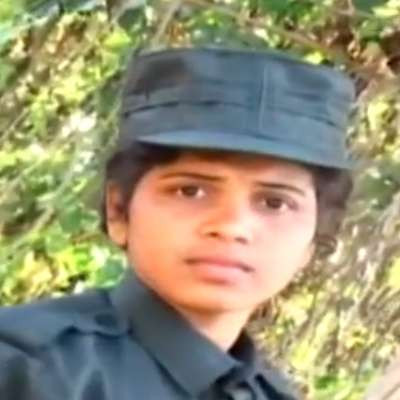
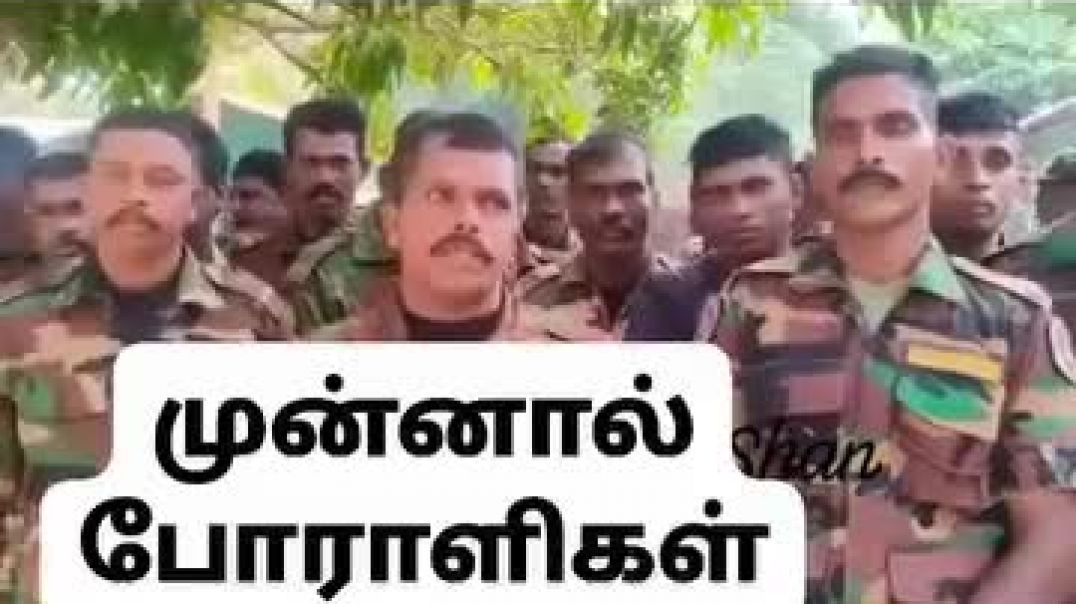
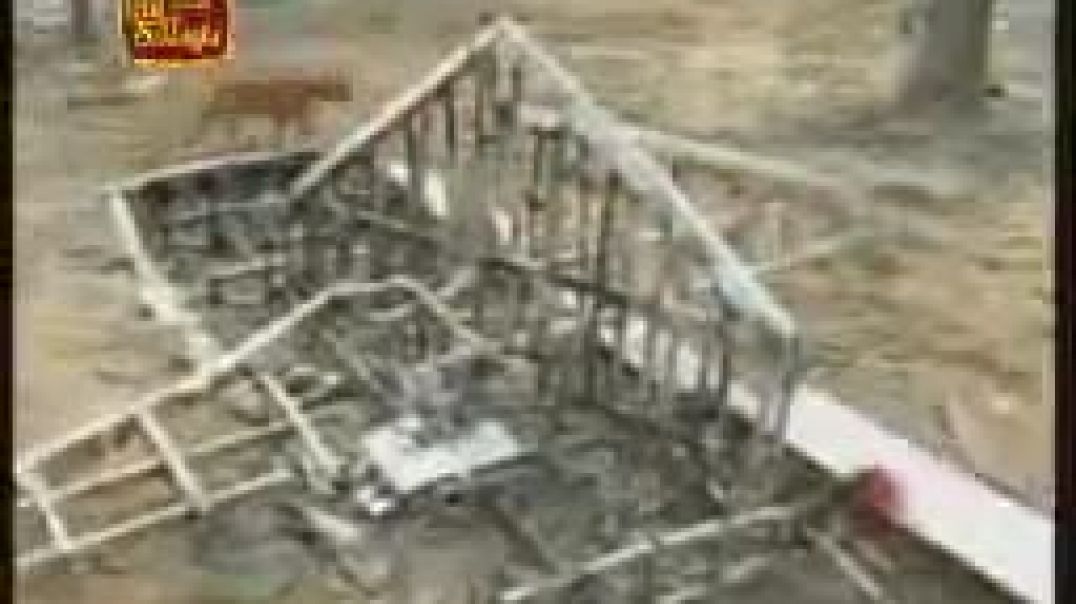
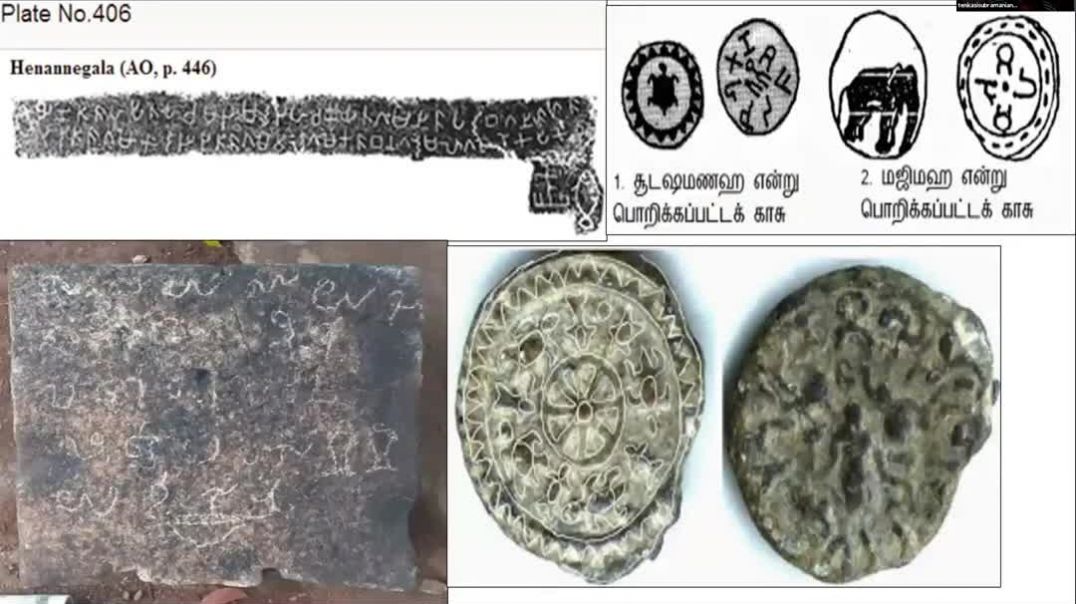
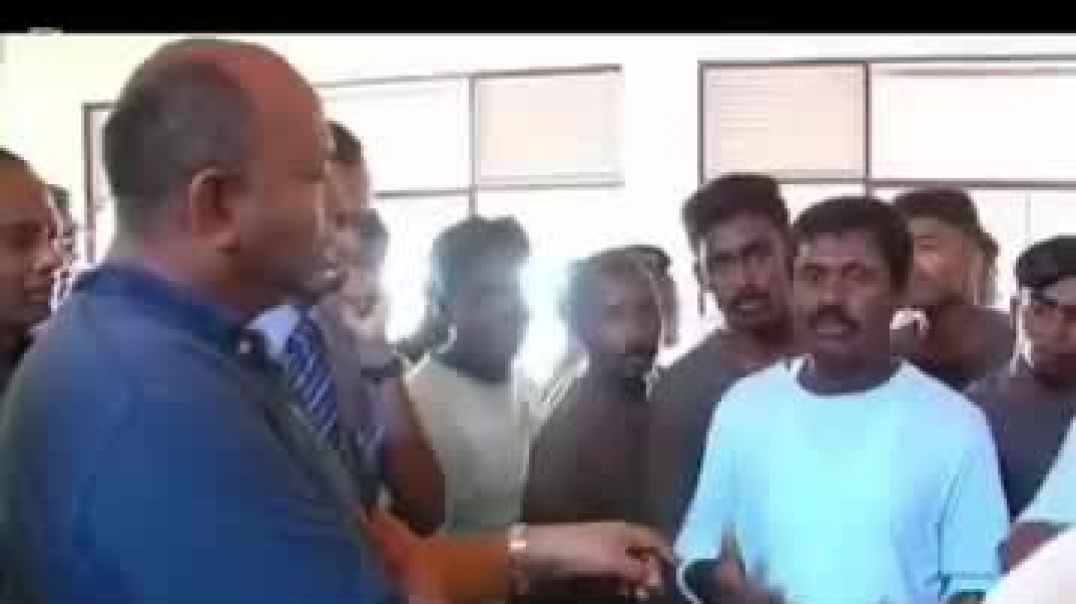

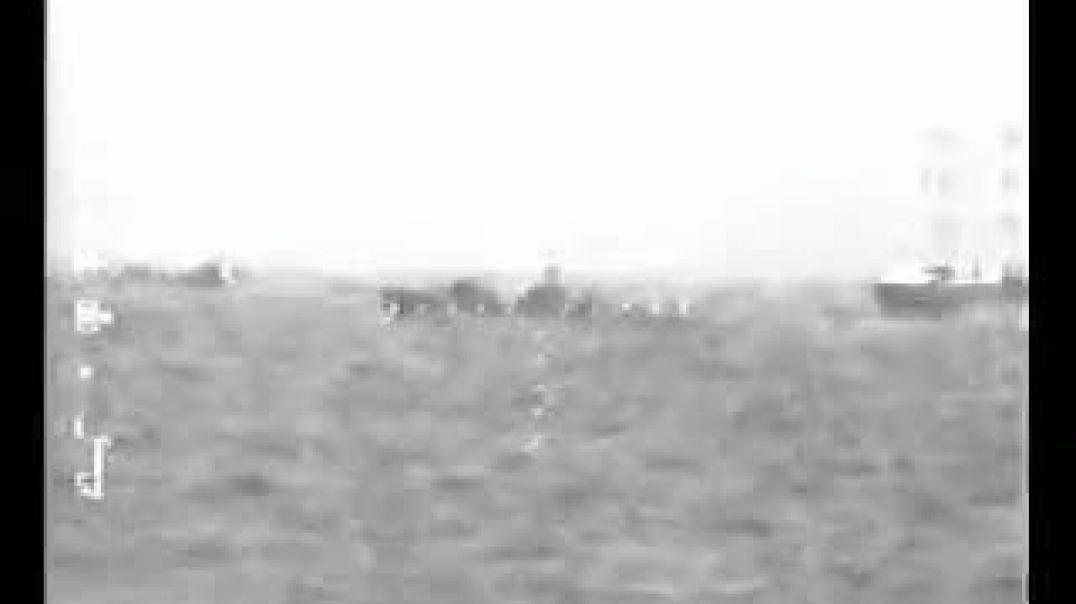
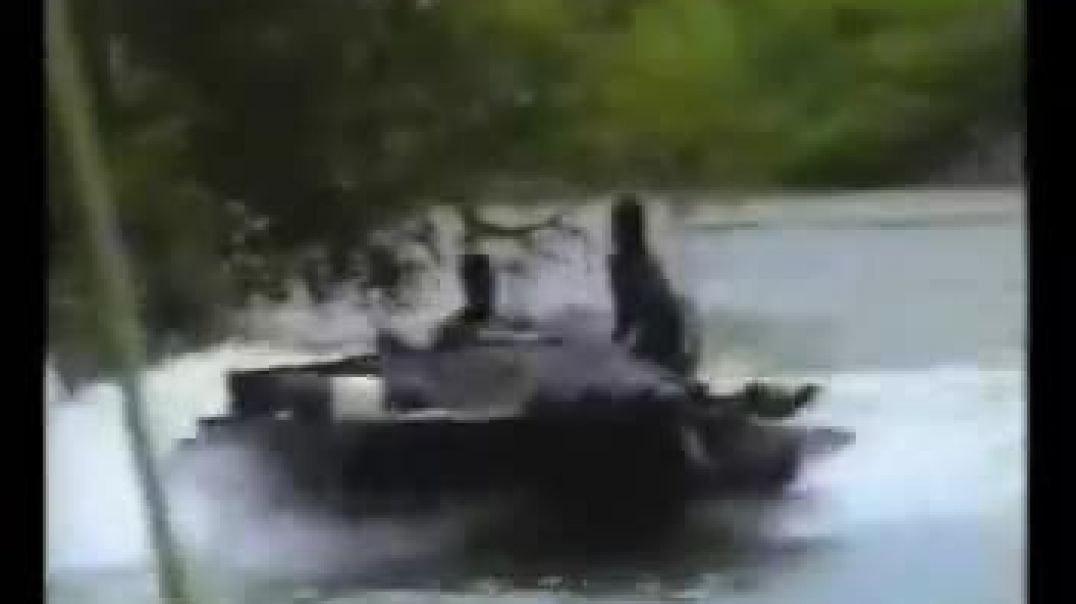

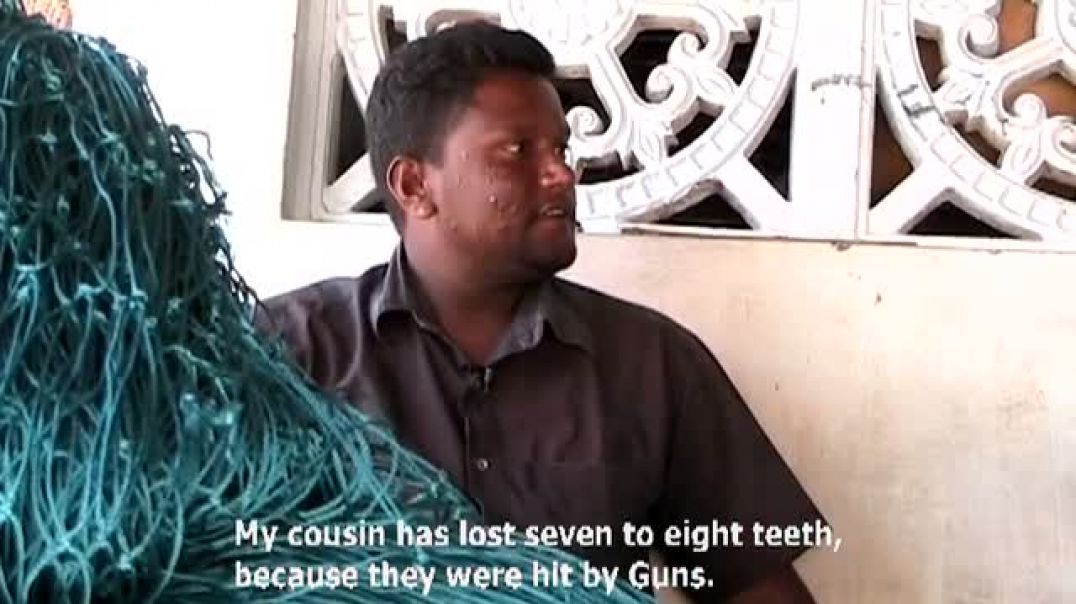
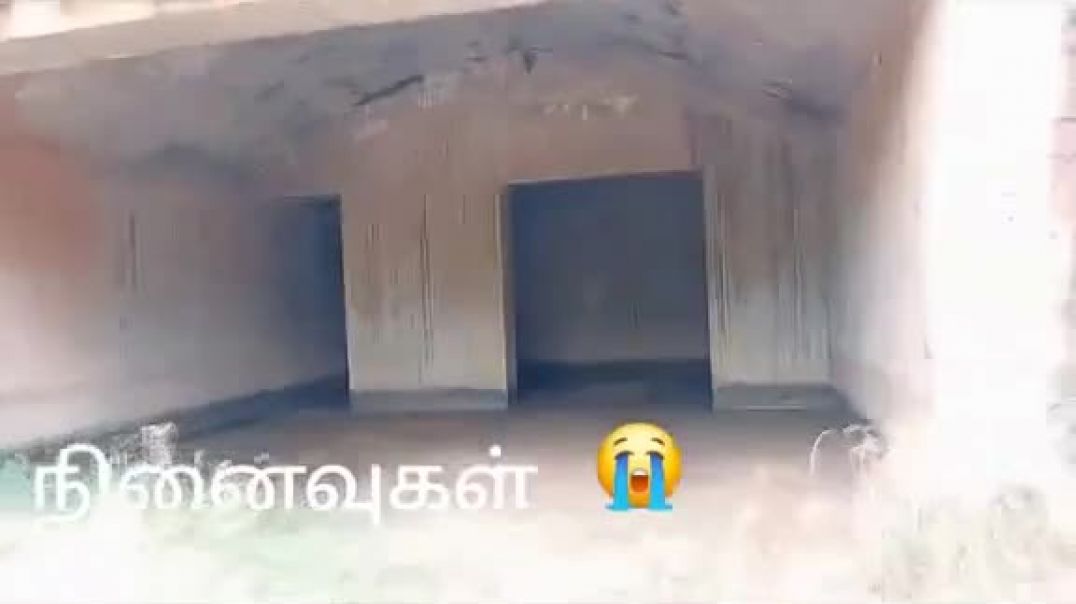
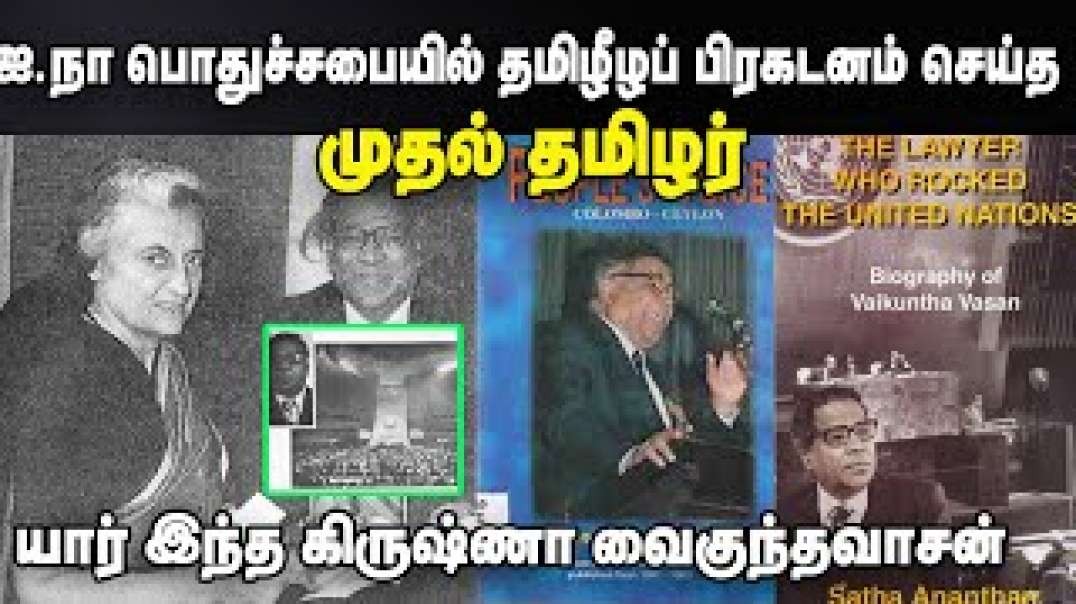
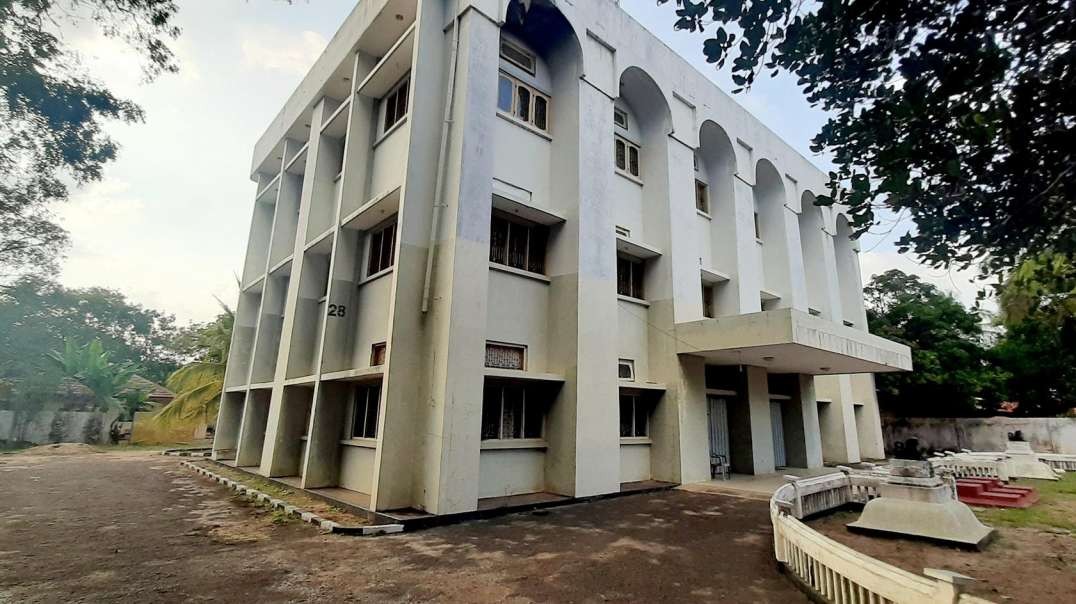

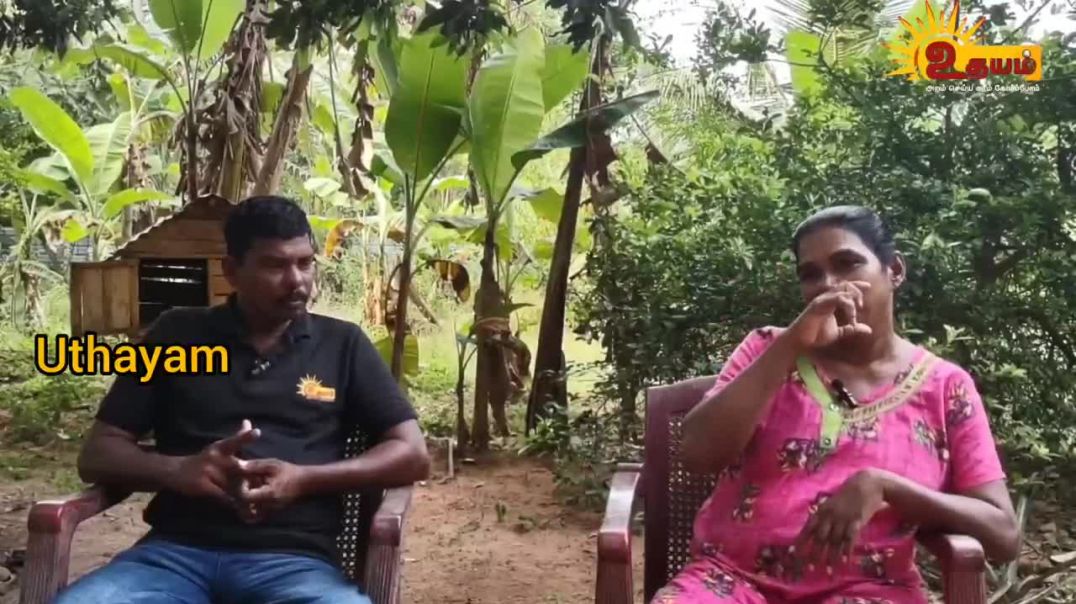
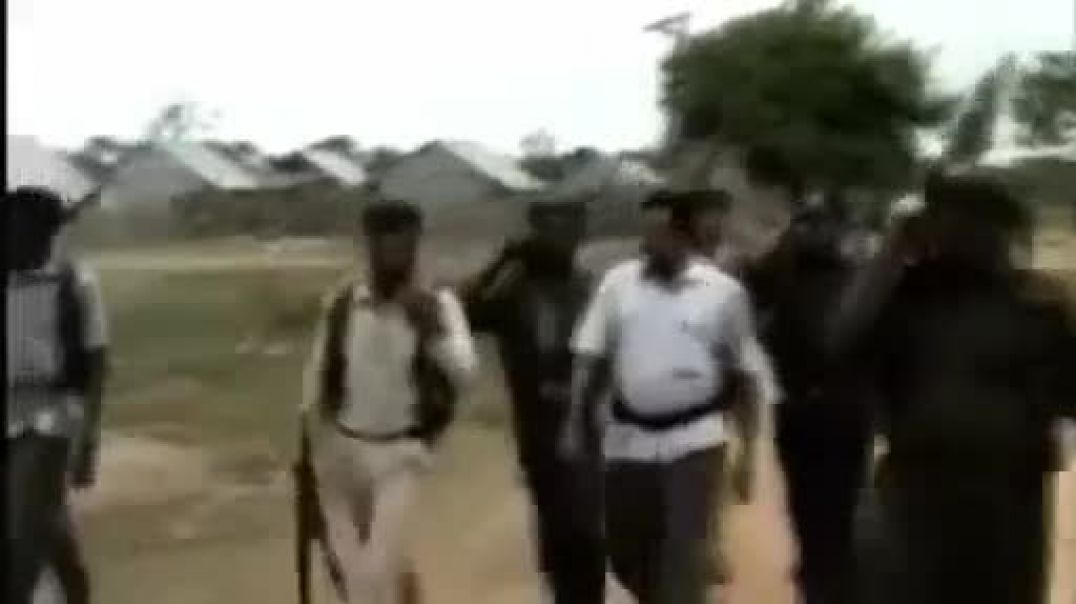

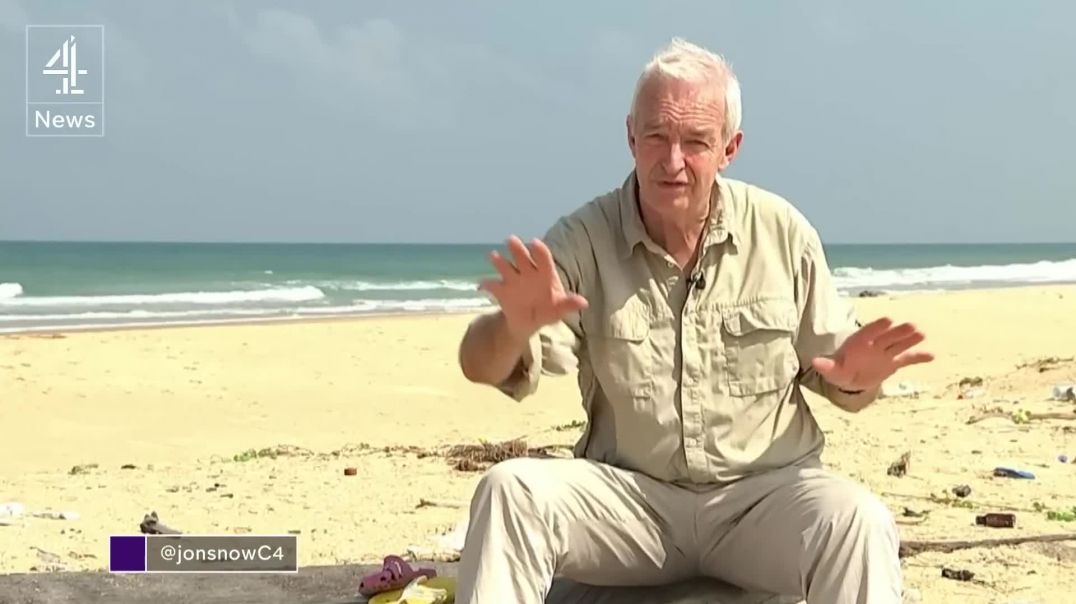

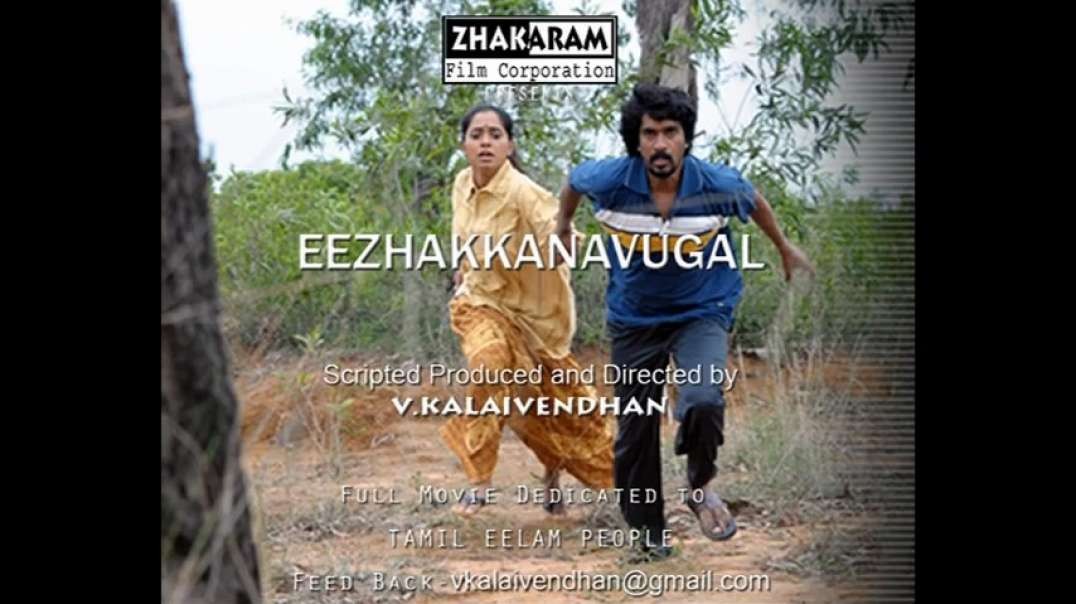
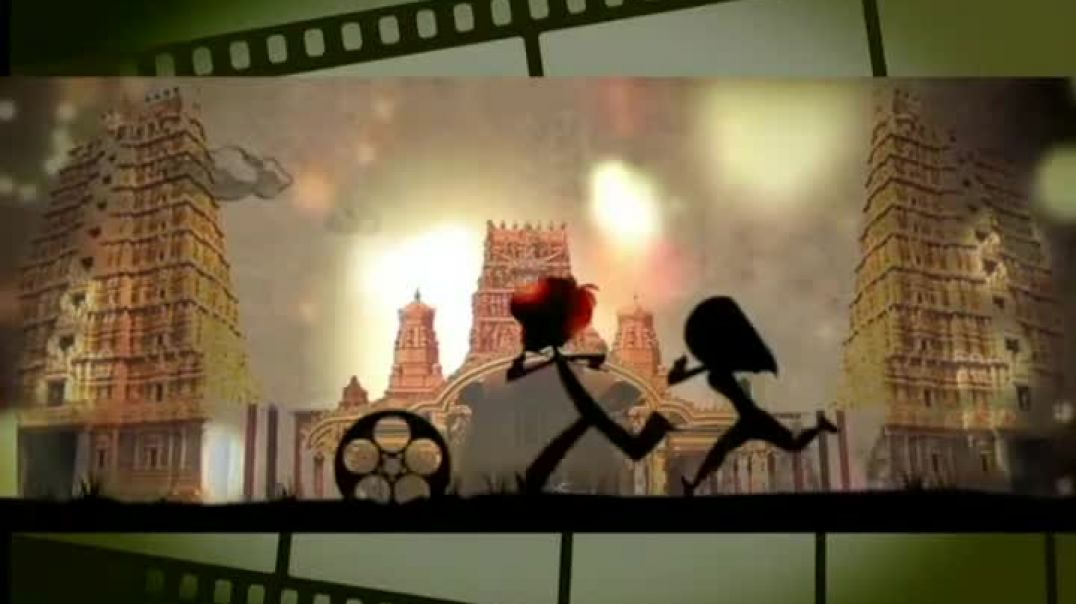
No comments found